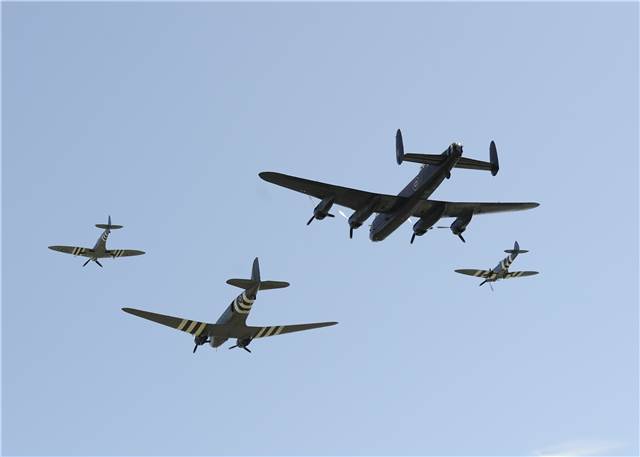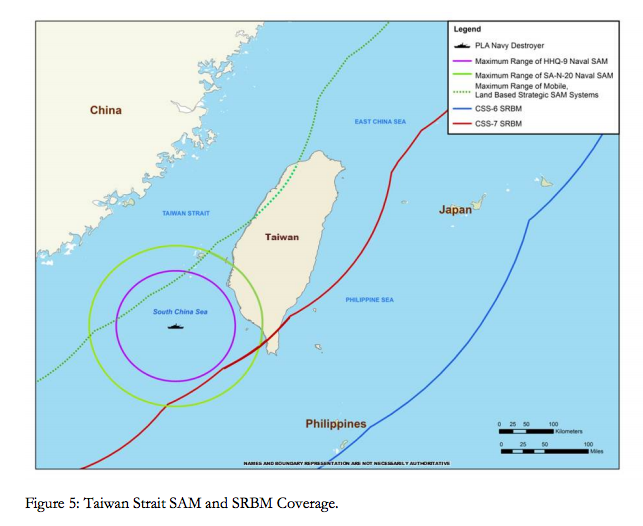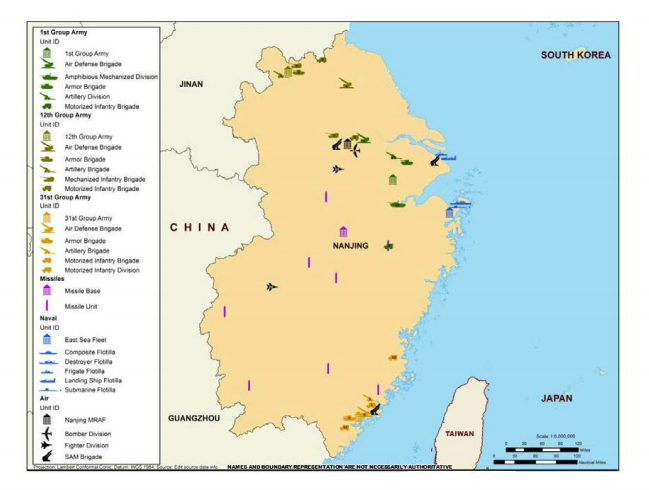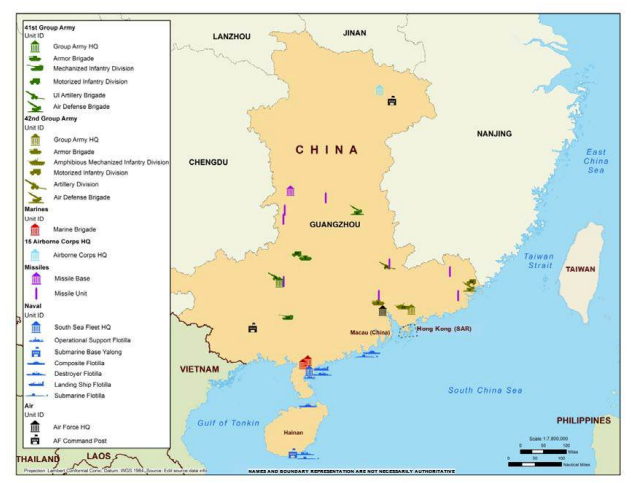The American government is being called upon to re-assure NATO allies with suddenly volatile borders (that is, those near Russia and Ukraine). That re-assurance is to take the form of greater US military involvement in the Eastern European sector of NATO. The Cato Institute’s Doug Bandow says that this is actually an opportunity for those NATO countries to start living up to their own obligations to maintain viable defensive forces:
The Baltic States are screaming for enhanced military protection. Yet Estonia devotes just two percent of its GDP to defense. Latvia spends .9 percent of its GDP on the military. Lithuania commits .8 percent of its GDP on defense.
Poland may be the country most insistent about the necessity of American troops on along its border with Russia. To its credit, Poland has been increasing military outlays, but it still falls short of NATO’s two percent objective. Warsaw spent 1.8 percent last year.
Only Great Britain and Greece joined Estonia in hitting the two percent benchmark. France and Turkey fall short. Germany comes in at 1.3 percent. Overall NATO hit 1.6 percent last year. America was 4.1 percent.
Per capita military spending is even more striking. My Cato Institute colleague Chris Preble figured that to be $1896 for Americans. And $399 for Europeans. A disparity of nearly five to one.
Unfortunately, President Barack Obama doesn’t appear to recognize the dependency problem. At West Point he merely indicated that “we are now working with NATO allies” to reassure the Eastern Europeans. “We”?
Poland expects to hit 1.95 percent of GDP this year. Latvia and Lithuania promised to up outlays to meet the two percent standard — in a few years. No one else is talking about big spending increases. Absent is any commitment to move European troops to NATO’s eastern borders.
Nothing will change as long as Washington uses the defense budget as a form of international welfare. The more the president “reassures” U.S. allies, the less likely they are to do anything serious on behalf of their own defense.
Canada is also a military freeloader on US resources. While our NATO commitments imply we’ll spend 2% of GDP on our defences, we spend 1.3% in 2012, and the Department of National Defence is struggling to reduce spending below previous years’ outlays to meet the federal government’s overall budget balancing plans.
Update, 8 June: Stephen Gordon posted a Twitter update that puts Canadian military spending into a bit of perspective
Increase GST by 3 ppts? RT @pmlagasse: If Cda to meet 2% NATO request, defence budget ~0 $40b/yr. Good to know where extra $20b wd come from
— Stephen Gordon (@stephenfgordon) June 8, 2014








